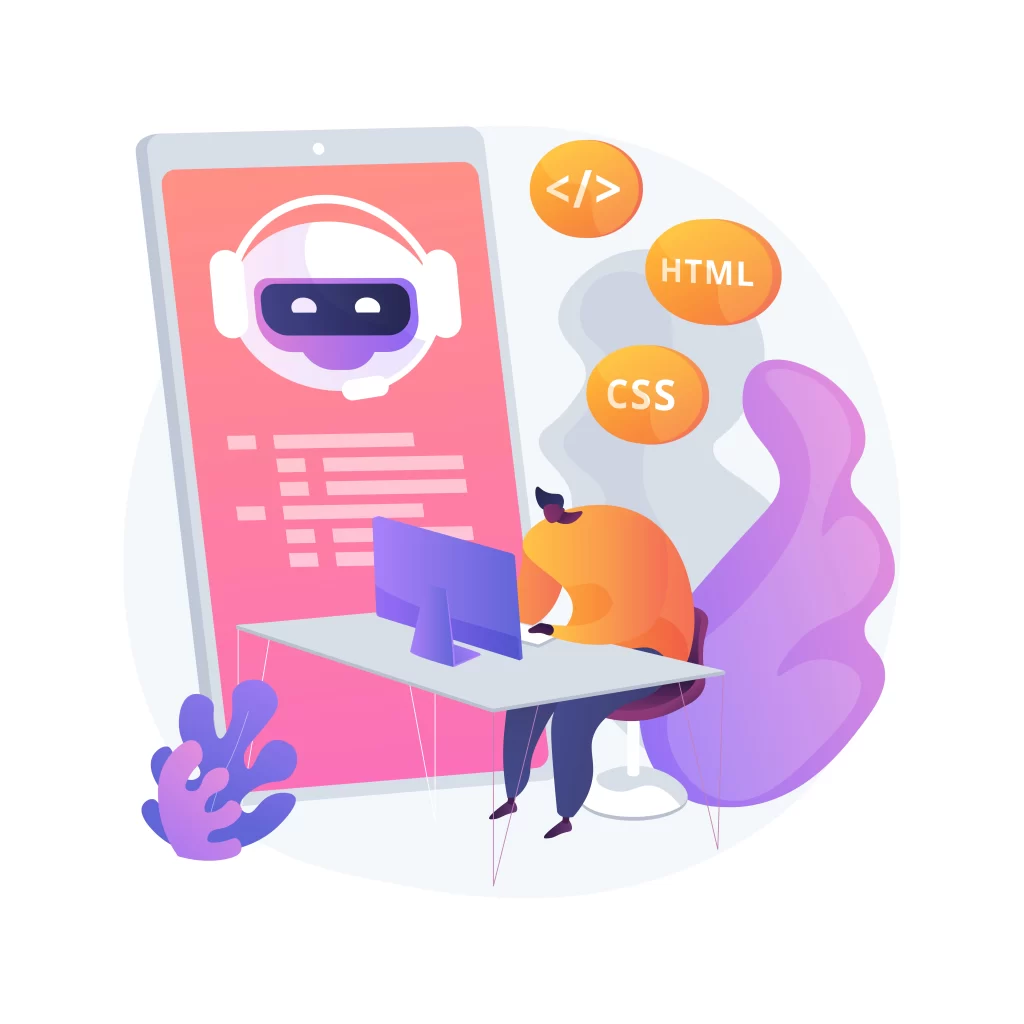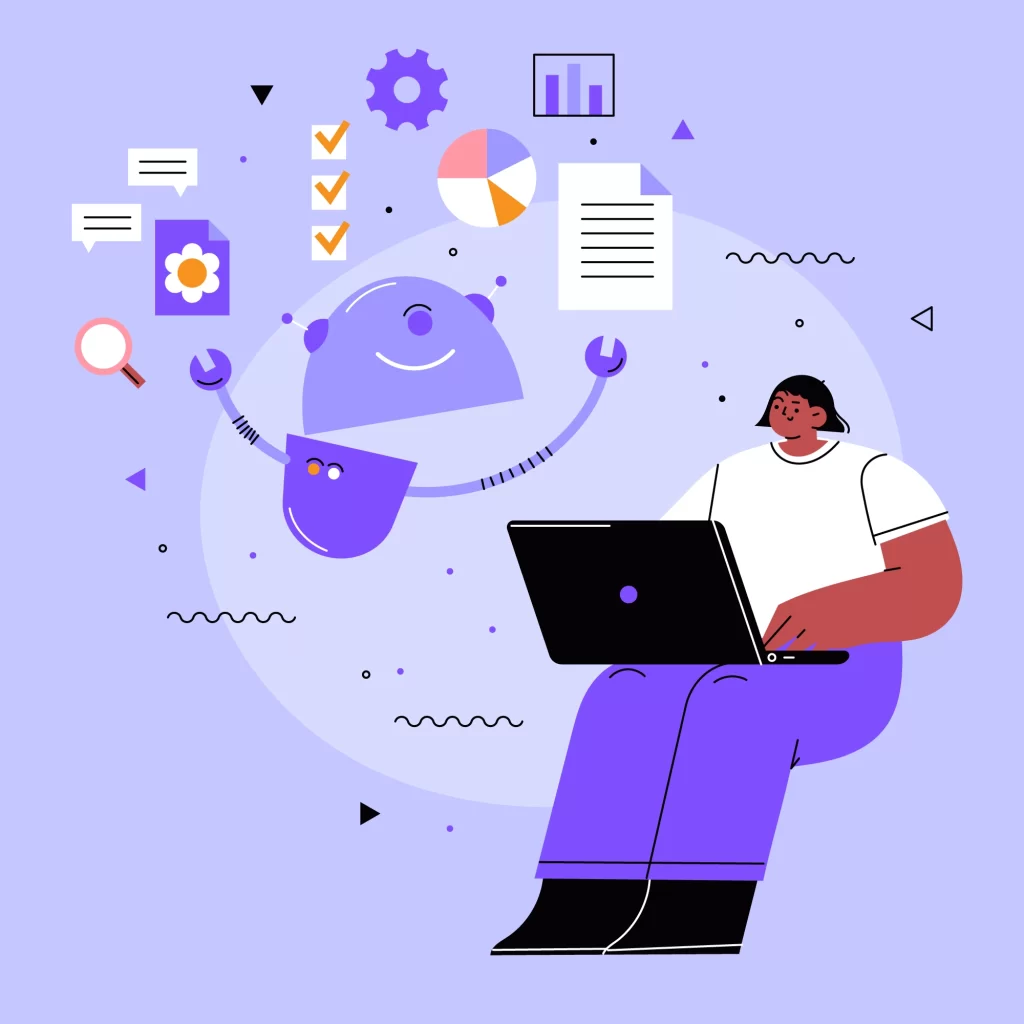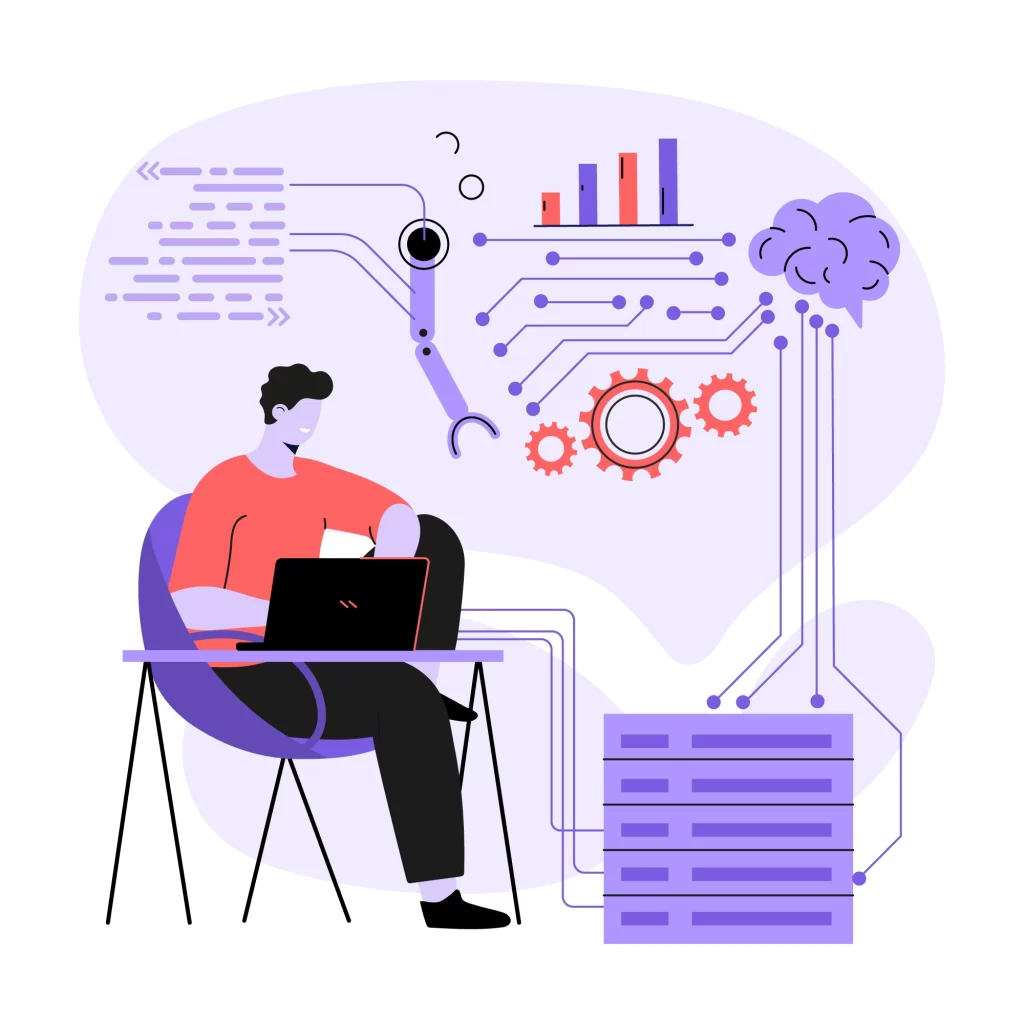Artificial Intelligence (AI) is transforming the software development landscape at an unprecedented pace, creating innovative solutions and revolutionizing traditional workflows. As we look ahead to 2025, several AI trends are set to dominate the field, enabling developers to build smarter, faster, and more efficient applications. Here are the top five AI trends shaping the future of software development.
AI-Assisted Coding and Debugging

AI-powered tools are becoming indispensable for developers, significantly enhancing coding and debugging processes. Platforms like GitHub Copilot and Tabnine use advanced machine learning algorithms to suggest code snippets, reduce errors, and automate repetitive tasks. In 2025, these tools are expected to become even more sophisticated, integrating seamlessly with development environments to optimize productivity.
For instance, imagine a scenario where a developer is building an e-commerce platform. AI-assisted coding tools can recommend the best algorithms for user authentication or payment integration, saving hours of manual research and testing. Similarly, AI-driven debugging tools can identify and resolve errors in real-time, minimizing downtime and improving application stability.
Generative AI in Software Design
Generative AI is revolutionizing software design by automating the creation of user interfaces, graphics, and even functional components. Tools like Figma AI and Canva Magic Design are examples of how generative AI is enabling developers to focus more on logic and functionality while automating aesthetic and structural elements.
In 2025, generative AI is expected to expand its capabilities to produce entire application prototypes based on textual descriptions. For example, a developer could describe the requirements for a mobile banking app, and the AI tool would generate a fully functional prototype complete with design elements and basic functionality. This not only accelerates the development process but also ensures a user-centric approach from the outset.
AI-Driven DevOps Automation

DevOps practices are integral to modern software development, and AI is making them more efficient through automation. AI-powered tools are streamlining deployment, monitoring, and maintenance processes, reducing the time and effort required for software delivery.
For instance, AI algorithms can analyze system performance data to predict potential failures and recommend preventive measures. Automated CI/CD (Continuous Integration and Continuous Deployment) pipelines powered by AI can adapt to changes in the codebase and deploy updates with minimal human intervention. By 2025, such capabilities will become standard, enabling organizations to deliver robust software solutions faster than ever.
Ethical AI Integration in Software
As AI becomes a core component of software systems, ethical considerations are gaining prominence. Developers are increasingly tasked with ensuring that AI-driven applications are transparent, unbiased, and privacy-compliant.
In 2025, tools for ethical AI development will become mainstream, providing developers with frameworks to assess and mitigate biases in their algorithms. For example, an AI-powered hiring platform could use these tools to ensure fair candidate evaluation, regardless of gender, race, or background. This trend underscores the importance of integrating ethical AI practices into the software development lifecycle.
AI for Personalized User Experiences
Personalization has always been a key driver of user engagement, and AI is taking it to new heights. Advanced algorithms analyze user behavior, preferences, and historical data to deliver highly customized experiences.
For instance, a video streaming platform like Netflix leverages AI to recommend content tailored to individual tastes. By 2025, personalization will extend beyond recommendations to include adaptive interfaces, dynamic content generation, and real-time modifications. Developers will rely on AI to create applications that intuitively adjust to user needs, enhancing satisfaction and loyalty.
The ABM College Advantage

For aspiring software developers, staying ahead of these trends requires a robust educational foundation and hands-on training. ABM College’s Software Development Diploma Program equips students with the skills and knowledge needed to thrive in the evolving tech landscape.
The program covers essential programming languages, software design principles, and AI-driven tools, ensuring graduates are industry-ready. What sets ABM College apart is its emphasis on practical training and career development. Students engage in real-world projects, collaborate on innovative solutions, and gain experience in using cutting-edge technologies like AI and machine learning.
ABM College’s strong industry connections and career support services further enhance employability. Graduates find opportunities not only in Ontario but also in other regions, leveraging their skills to achieve their career dreams in a highly competitive market.
Conclusion
The integration of AI into software development is not just a trend; it is a paradigm shift that will define the industry’s future. From AI-assisted coding to ethical considerations, these advancements are streamlining processes, enhancing user experiences, and fostering innovation. For developers, embracing these trends is crucial to staying relevant and competitive.
Educational institutions like ABM College play a vital role in preparing the next generation of software developers to navigate this transformative era. By equipping students with cutting-edge skills and practical experience, ABM College ensures they are well-positioned to lead the charge in shaping the future of software development. As we move into 2025, the possibilities for AI-driven innovation are limitless, making this an exciting time for developers and the industry as a whole.
Contact us for more information.
Read trending blogs about various topics.
About The Author

Private Career College
ABM College is a leader in career-focused education, committed to empowering students with industry-relevant skills. With expert instructors and practical training, ABM College delivers high-quality programs in health, business, technology, and more, ensuring graduates are prepared to meet workforce demands. Known for its supportive learning environment and a focus on real-world application, ABM College is a trusted educational partner helping students achieve professional success across Canada.
